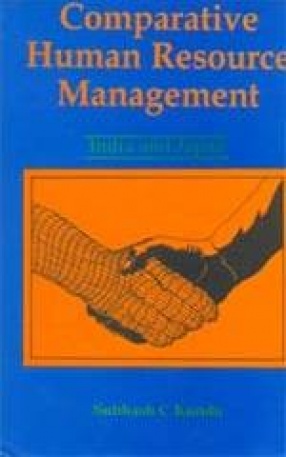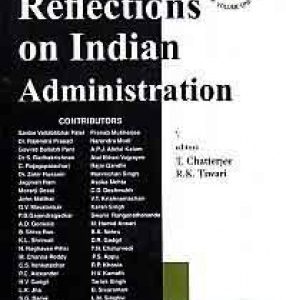Japanese HR management practices have made a significant contribution to the remarkable economic success of Japan. These HRM practices have attracted much notice all over the world in the recent past. with increasing number of Japanese collaborations in India, more so in the 1980’s, collaborations with Japanese enterprises world over have also gained popularity. Prompted by these trends, this book has been developed. This well-written book aims at providing a logic based text on the adaptability and transferability of Japanese HRM pracctices in Indian business environment, at the same time camparing HRM practices in India and Japan. this text has been created with the help of primary data collected from a large number of Japanese collaborated firms in India. To achieve the objectives, the data has been analysed by applying modern statistical techniques vis., factor analysis and analysis of variance (Anova). Out of the total 35 variables regarding Japanese human resource management practices which have been individually taken up with a view to examine their adaptability in India and also comparing India and Japan on this front, following are the main subjects covered by this text. LIfe time employement system, Hiring fresh graduates, Seniority-based compensation system, Internal promotion system, Company-specific and continuous training, Job rotation, No layoff Policy, Consensus decision making (Ringi system), Emphasis on group work (Quality Control Circles), Conflict and grievance handling practices, Enterprise Unions and, Holistic Approach.
Comparative Human Resouce Management: India and Japan
In stock
Free & Quick Delivery Worldwide
reviews
Bibliographic information
Title
Comparative Human Resouce Management: India and Japan
Author
Edition
1st ed.
Publisher
ISBN
8170997755
Length
vi+163 p., Illustration; 23cm.
Subjects







There are no reviews yet.